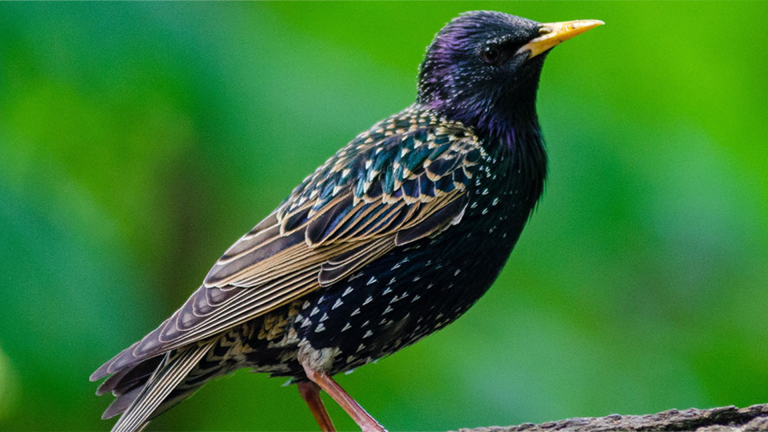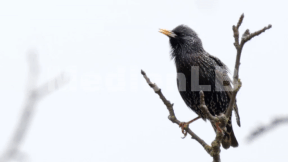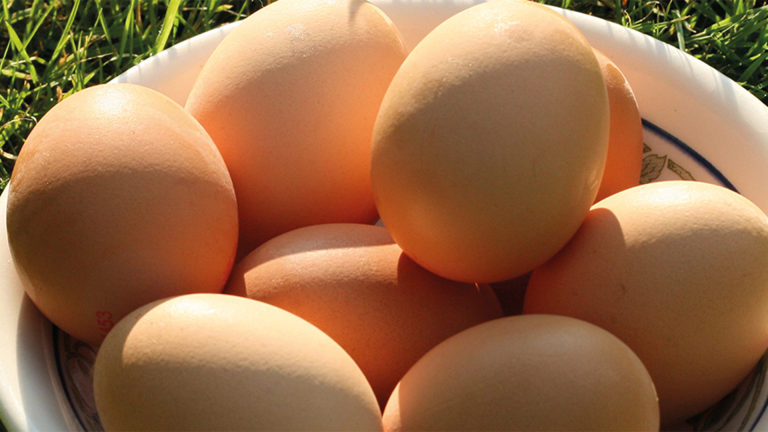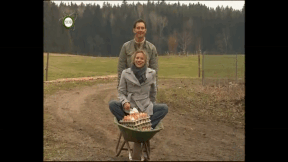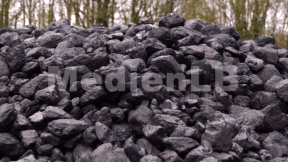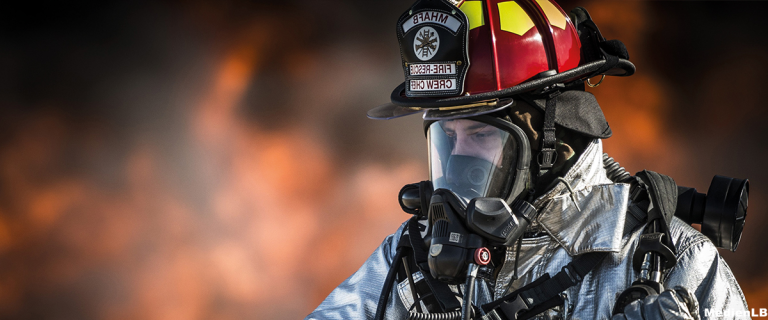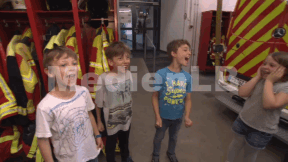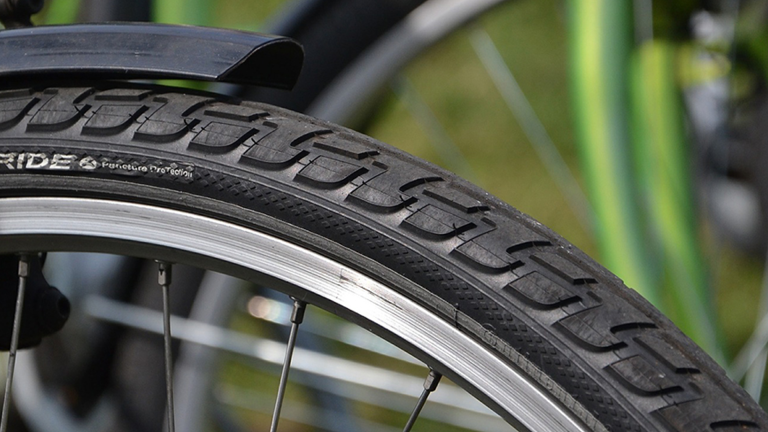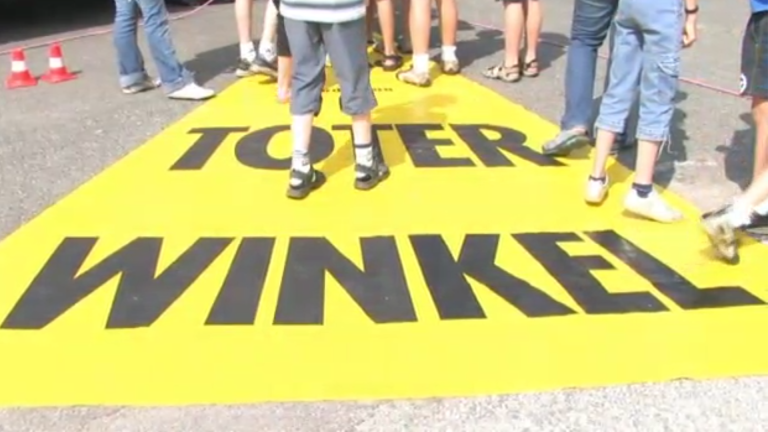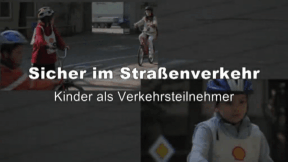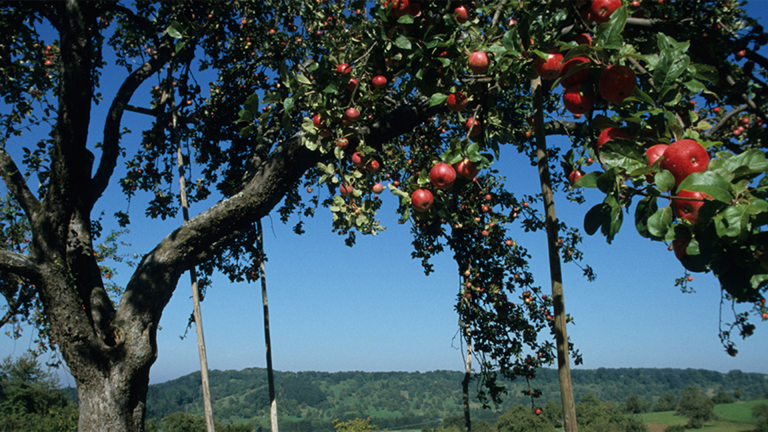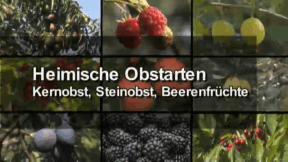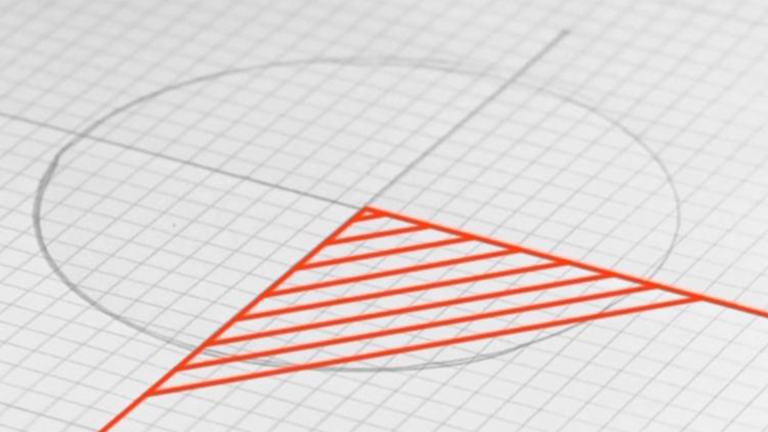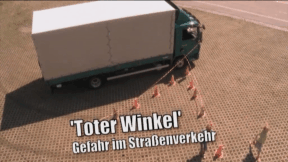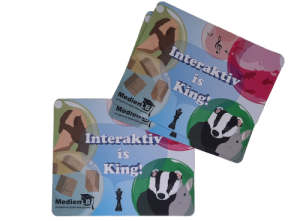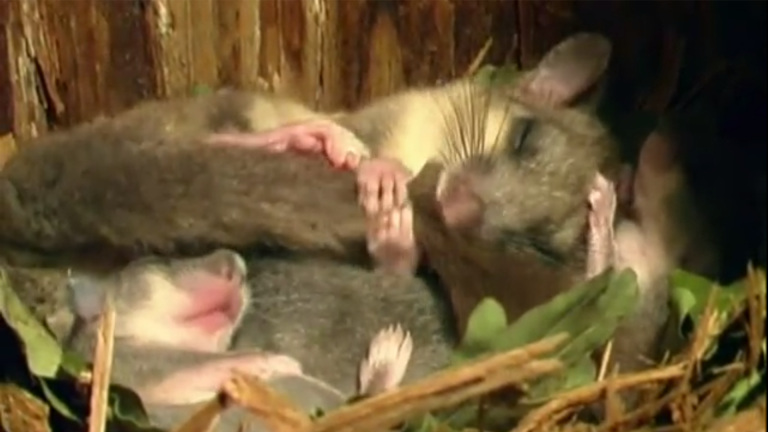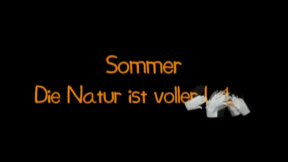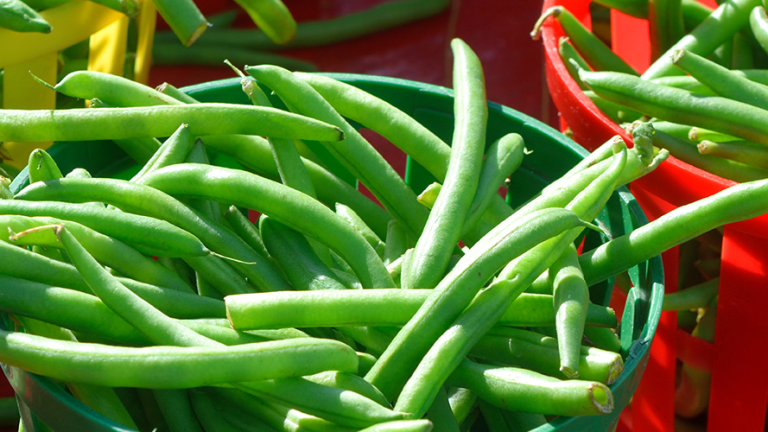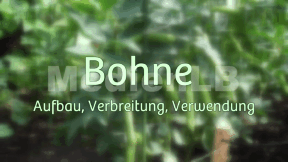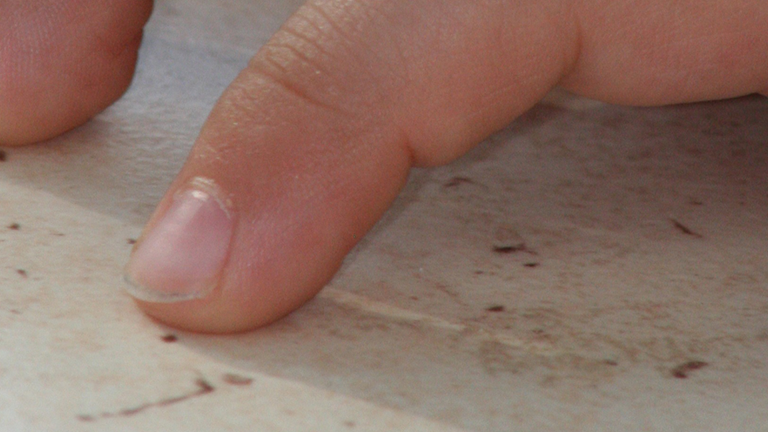Suche:
- # Artistry
- # Biology
- # Chemistry
- # Ecological
- # Economy
- # English
- # Foreign Language
- # Geography
- # German
- # Health
- # History
- # Informatik
- # Latin
- # Mathematics
- # Media Education
- # Music
- # Physics
- # Politics / Civics
- # Preschool
- # Primary School
- # Religion
- # Society
- # Sports
- # Technology
- # Training of Teachers
- # Vocational Education
Starling
In general, male and female starlings look very much alike. In spring, starlings assume their nuptial plumage, in autumn, after moulting, they wear their eclipse plumage.
Learn moreHuhn und Ei
Erstaunliche Zahlen im Zeitalter der Vogelgrippe: Über 18 Milliarden Eier werden jährlich in Deutschland verzehrt und über 10 Kilo Geflügelfleisch landen durchschnittlich im Magen eines jeden Bürgers. „Schau Dich schlau!“ widmet sich heute einer der leckersten Erfindungen der Natur: dem Ei und dem Huhn.
Learn moreSave energy
The extraction, generation and consumption of energy is a multi-faceted issue. We humans are required to deal sensitively and sustainably with the existing energy supplies in the world and to discover and establish new energy sources.
Learn moreScooter and Bicycle Training
Scooters and bicycles are very popular with all levels of the population, and they are part of our everyday life. Due to the increasing volume of traffic, scooter and bicycle training at school is of great importance. The exercises laid down in the curriculum for the first to third school year take place exclusively as an exercise in a safe environment. Here, pupils acquire the necessary competencies that are a prerequisite for the pupils’ traffic training in the fourth school year. You do not need much to set up a suitable circuit, and most of the required equipment is already at hand in any sports hall: - inclined board - plastic poles with bases - traffic cones - softball - warning tape - ropes - table tennis rackets - step board or the top part of a vaulting box - markings for start and finish.
Learn moreSafety in Road Traffic
This DVD encourages children as young traffic participants to be considerate in road traffic to ensure safety and show social responsibility. It explains that in road traffic, children are especially exposed to danger and emphasises that above all, primary school children are confronted with a lot of novel and difficult situations. The film focuses on the following aspects of road training: Pedestrians in road traffic, seeing and being seen, being a car passenger, the bicycle as a means of transport, the blind spot, the safe bike, traffic signs and regulations, turning left, the bicycle test. This DVD preventively supports correct conduct in everyday road traffic in terms clearly understandable to children.
Learn moreDomestic Fruit Species
The film deals extensively with the topic "Fruit". In a simple and comprehensible manner but with professional accuracy, it tells the primary school children about processes in nature. They learn how fruits form and develop on fruit trees and bushes. Information on domestic fruit farming is provided and they get to know the importance of fruit for a healthy diet. The film deals with the following core themes: domestic fruit species (various species, appearance, spread ...), aggregate fruit (pollination and fertilisation, developmental stages of an apple ...), drupe (structure and components of a cherry blossom, cherry tree transformation ...), berry fruit (ingredients, harvest time, vitamin content ...), methods of cultivation (plantation, orchards and their animal life ...), processing (harvest, apple juice production, preparation of jam ...). The film is divided into 5 menu items (chapters). Each chapter can be dealt with separately. Together with the comprehensive accompanying material, the film is ideally suited for use in lessons.
Learn moreDead Angle
Not only lorries have a dead angle. Other big vehicles such as buses or motor homes, even perfectly normal cars have a dead angle, that means an area where a driver might overlook a cyclist or pedestrian when turning corners. New technology is meant to help prevent accidents between cyclists and lorries. For example, sensors are often attached to lorries nowadays.
Learn moreSummer
Finally, summer has come! This DVD explains in a way suitable for children why summer comes, how life develops in nature and why we humans love this season so much. In short chapters, children learn why daylight hours are longer and how a thunderstorm builds up. The behaviour of animals and their young as well as changes in the flora are explained in a way appropriate for children. Rules for the right behaviour in the sun, in the water and during a thunderstorm are explained just like the dangers of a tick bite or wasp sting and the right reaction in such a situation. Besides didactic-methodical suggestions, the accompanying material also includes various games, songs, experiments, tips and suggestions providing an incentive to work on a topic, which is virtually a compulsory annual subject, from different points of view and holistically and to discover it from a new angle.
Learn moreBean
The word bean refers to both the seeds and the pods surrounding them and often even the whole bean plant. It is not easy to get an overview of the different types of bean plants. Their variety is due to, among other things, their different origins.
Learn moreDie 5 Sinne
Wie selbstverständlich sehen, hören, riechen, schmecken und fühlen wir. Jeder benutzt täglich seine fünf Sinne, ohne sie bewusst einzusetzen. "Schau dich schlau!" untersucht in dieser Sendung, warum sie für uns überlebenswichtig sind und wie sie funktionieren.
Learn more



